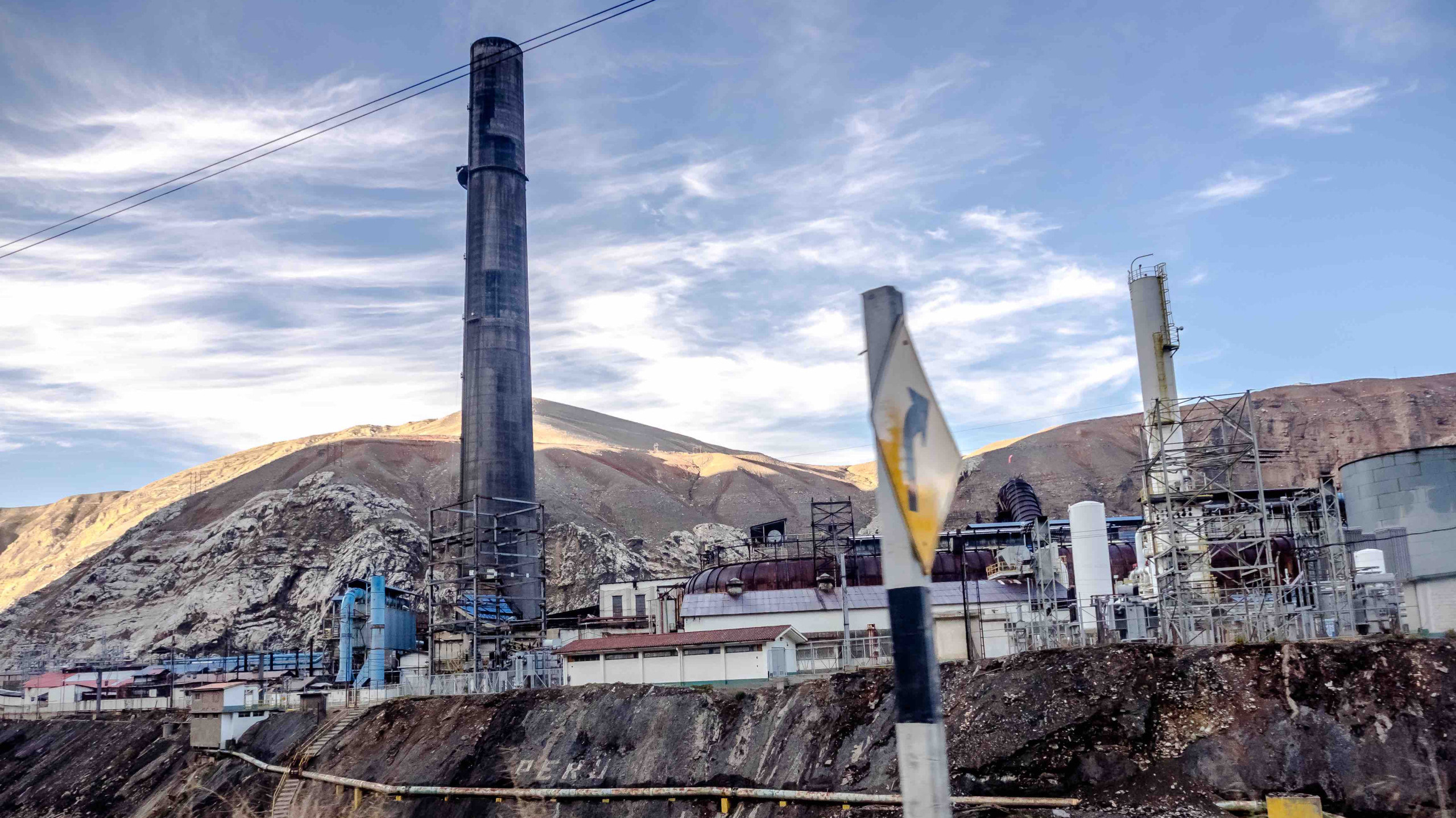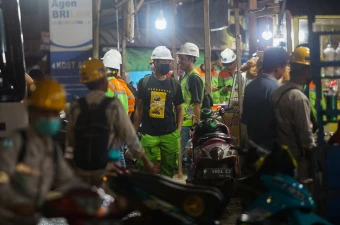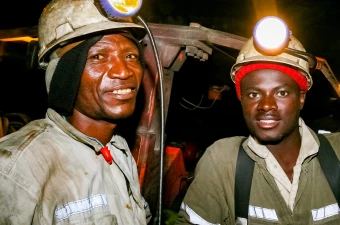The IRBC Agreement for the metals sector commences a collective project to address labour rights violations and health and safety risks in the mining industry in Bolivia and Peru. Project leader CNV Internationaal works on this together with Tata Steel Nederland and Wuppermann Staal Nederland. The project has a duration of two years.
Peruvian mining industry
The collective project 'Improving Occupational Health & Safety @ work in Andean mines' aims to identify and address specific risks in the metal value chain, such as accidents, injuries, work-related illnesses, permanent disabilities, exposure to hazardous chemicals and worker deaths. The project consists of two phases. Phase 1 focuses on impact assessment: what RBC risks occur in the chain? What are the underlying causes? How do the companies involved interact with each other? The goal of phase 2 is to structurally embed due diligence measures that address CSR risks among member companies.
With this project, we hope to reach 10,000 workers in the metal chain. We are getting help from several trade union partners and country representatives in Latin America with whom our local team is working closely.
Maurice van Beers, CNV Internationaal
Risk area
Latin America has been identified within the metals covenant as one of the areas in the world where several companies notice risks. "With this project, we hope to reach 10,000 workers in the metal chain. We are getting help from several trade union partners and country representatives in Latin America with whom our local team is working closely," said Maurice van Beers, Strategic Policy Lead & Regional Coordinator Latin America at CNV Internationaal.

Bolivia and Peru are among the world's largest producers of copper, zinc, silver, tin, molybdenum and lead. We are indirectly linked to these countries in our chain and want to better map and understand our risks.Peter Suasso de Lima de Prado, Head of Sustainability Office at Tata Steel
Transparency
The collective project also aims to increase transparency in the metal value chain. Smelters and traders make it difficult to fathom the chain. Refiners and smelters collect metals from different suppliers. This makes it impossible to trace the origin for a downstream user. Peter Suasso de Lima de Prado, Head of Sustainability Office at Tata Steel Nederland: "Bolivia and Peru are among the world's largest producers of copper, zinc, silver, tin, molybdenum and lead. We are indirectly linked to these countries in our chain and want to better map and understand our risks."
The insights we gain from this project and the methodologies we develop for it are not only valuable for us and for our suppliers. Other companies in the agreement can also learn from it.
Karsten Pronk, Managing Director at Wuppermann Staal
Learning from experience
Although the project takes place in countries with a specific context, the project partners expect the lessons learned to be applicable on a large scale in the metal supply chain. "The insights we gain from this project and the methodologies we develop for it are not only valuable for us and for our suppliers. Other companies in the agreement can also learn from it," said Karsten Pronk, Managing Director at Wuppermann Staal.
The project is financially supported by a subsidy from the Dutch Fund for Responsible Business.
Publication date 15 02 2023


